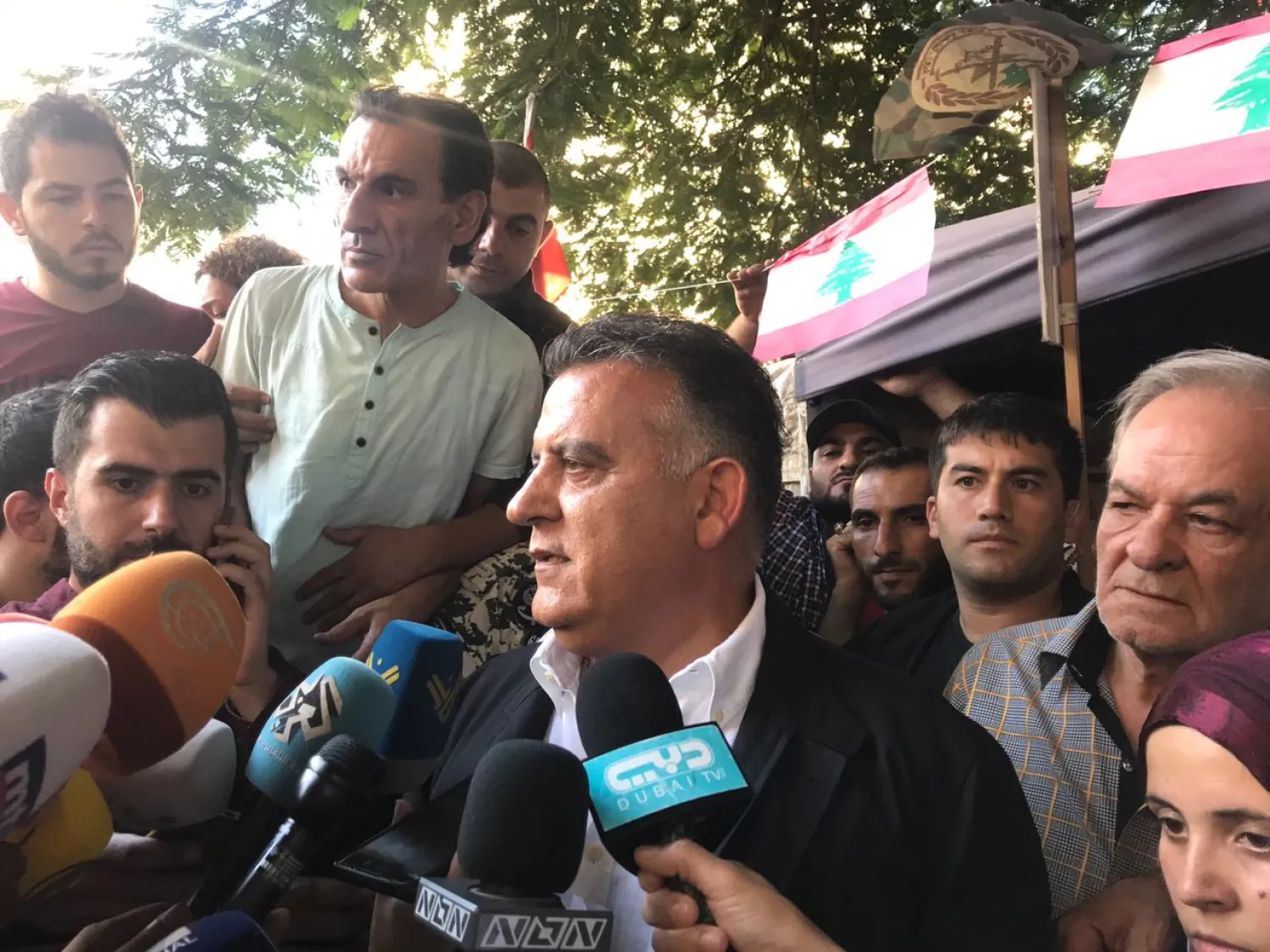The Lebanese army ended on Sunday its “Juroud Dawn” operation against ISIS after an unprecedented agreement between “Hezbollah” and the extremist organization received the blessing of the Syrian regime to allow a safe passage for ISIS militants to Syria’s Deir Ezzor following the group's decision to uncover the fate of the Lebanese soldiers who had been taken captive in 2014.
General Security Chief Major General Abbas Ibrahim said that the remains of six bodies believed to belong to the abducted soldiers have been recovered, adding that the Lebanese state had been informed about their killing in Feb. 2015 but had no evidence.
Later on Sunday, Ibrahim said the bodies of two other soldiers were also found while the whereabouts of the ninth servicemen remains unknown.
Also on Sunday, Hezbollah received the bodies of five of the party’s fighters.
The Lebanese army had repeatedly confirmed its rejection to negotiate with the terrorists or accept a ceasefire before uncovering the fate of the Lebanese soldiers.
“We can now say that the army’s battle against ISIS has ended in the Jurud, pending the execution of the last item (in the deal) on the departure of the rest of the terrorists to Syria’s Deir Ezzor in the next hours,” a military source told Asharq Al-Awsat following the agreement.
When the families were informed about the sad news on the death of the servicemen, angry voices of crying mothers reverberated across the tents of the kidnapped soldiers' relatives at Riad El-Solh Square in downtown Beirut.
For their part, the families of five people who were killed last year in four suicide bombings in al-Qaa village in northeastern Lebanon near the border with Syria, refused the principle of negotiating with ISIS, and asked the Lebanese state to punish those militants instead of allowing them to leave the country.









